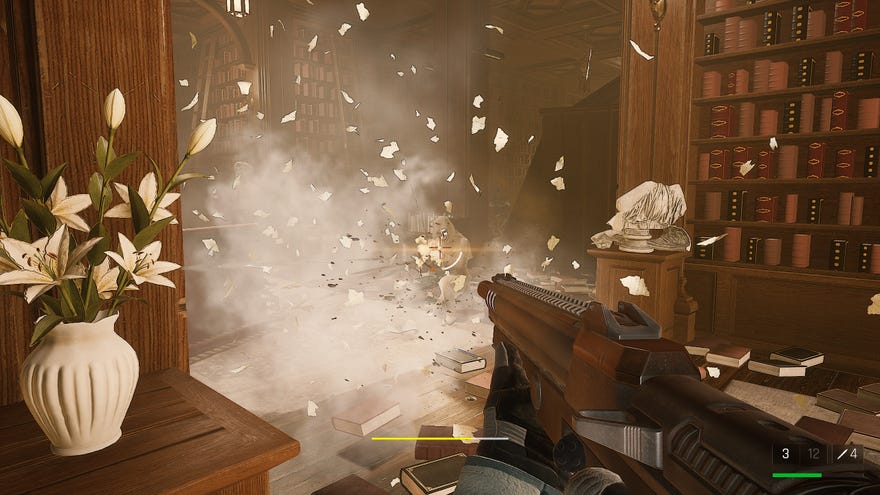Entertainment
ESA oppose allowing libraries to offer scholars remote access in recent hearing
Last week, a government hearing took place between representatives of the Video Game History Foundation, the Rhizome project, and the Software Preservation Network among others, with legal representation for the Entertainment Software Association (ESA) and the AACS among those in opposition. The hearing was a follow-up to the SPN petitioning the US copyright office, last year, for a DMCA exemption that would allow researchers to access games in libraries and archives. As reported by Game Developer, ESA legal representative Steve Englund said in the hearing that, currently, there’s “[no] combination of limitations [ESA members] would support to provide remote access.”
The full list of proponents at the hearing – which was streamed by developer Scott Percival on Twitch (starts 4:05:00) – were as follows: Phil Salvador (VGHF), Laine Nooney (NYU), Dragan Espenschied (Rhizome), Jonathan Band (Library Copyright Alliance), and Kenda Albert (SPN.) Those in opposition included Englund, and representatives of the AACS, DVD CAA, EMPA, and RIAA. In the interest of transparency, I would like to make clear that I do hold some journalistic bias, in that I hold the proponents to be collectively based, their opponents less so. “We’re likely see a situation like the ‘online arcade’ that I’ve been warning about for the last several proceedings,” said Englund at one point.
“The preceding three years ago, the proponents of this exemption sought to maintain complete discretion over how they would provide remote access to preserve games,” began Englund. “[Now] they’re trying to reserve almost complete discretion.” What Englund referred to as “not much movement,” Band described as his fellow proponents “bending over backwards to meet any concern – however far fetched – that’s been raised.”
The proposed exemption, according to Englund, “doesn’t prevent users from lying, or libraries from providing a simple checkbox, where users could confirm they have a purpose of scholarship or research.” Nor did Englund believe it would curtail use for what he calls, horror of horrors, “recreational play.”
As Kendra Albert points out, the ESA’s main concern here is widespread public access to games, which the proponents aimed to alleviate by suggesting the sort of special collections models used by libraries, while preserving the ability to tailor security concerns around “the needs of a particular researcher who is accessing it, and to what the institution feels comfortable providing”.
Englund used school libraries and sites like the Internet Archive as examples of “beneficiaries of the exemption” that exist outside of the “good faith” scholarly organisations represented in the hearings proponents, suggesting that the ESA don’t believe these institutions will uphold the same standards, or at least believe this line of argument is a good excuse. Englund then continued to – what’s the legal term? – fill his diaper about the prospect of naughty users playing games for fun, calling human review an “incomplete” procedure.
As reported by Game Developer, “attempts previously made by the Library of Congress were halted by the ESA, which said it’d rely on publishers to take care of those efforts themselves.” Elsewhere in the hearing, Albert says that “harming scholarship and teaching because there might be an interest in recreational play…doesn’t feel fair to [those who] put a lot of effort into making these works available.”
Last year, the VGHF put out a study revealing that 87% of games made before 2010 are out of print. Speaking to RPS earlier in the year, VGHF founder Frank Cifaldi said that “No one is against the idea of video game preservation, but companies and their shareholders are against the idea of not making a profit.”
Read More
Nic Reuben

